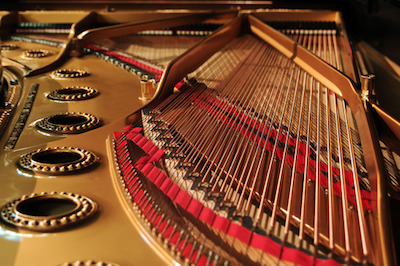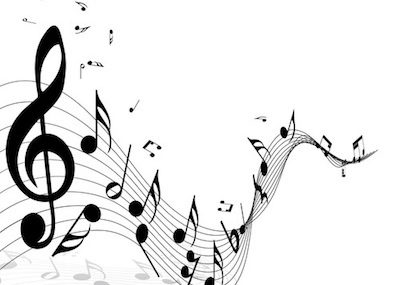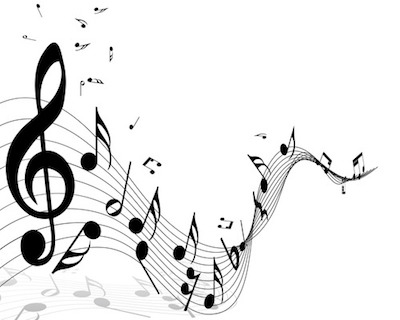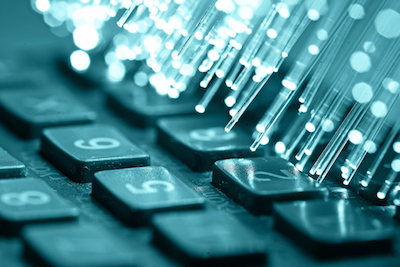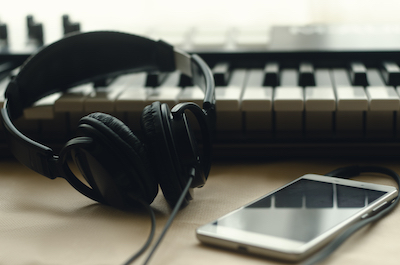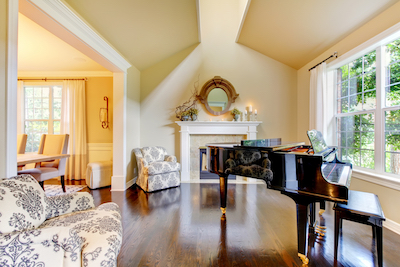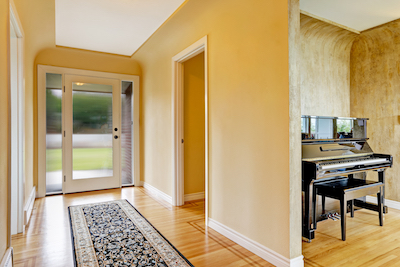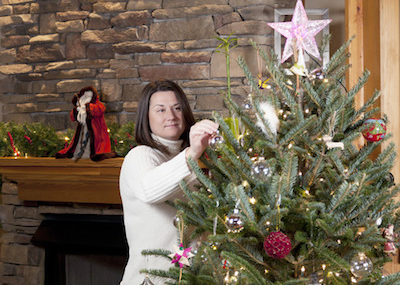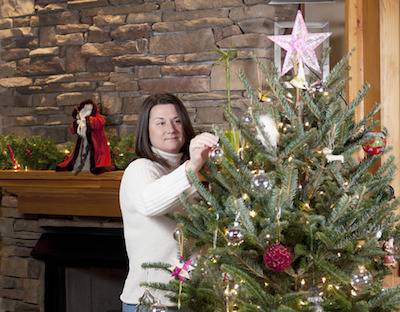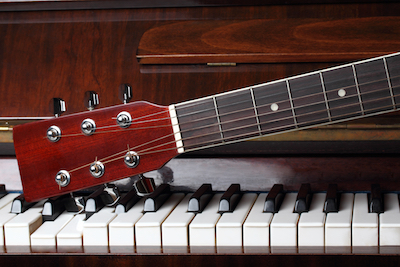Is one of your goals for the New Year to be an even better piano player? Do you hope to make music an increasingly important part of your life? Then here are a few steps you should take as we move into the next few months.
1. Hire a professional to tune your piano
Pianos need regular tuning, whether you use them every day or not. On average, pianos should be tuned twice per year. If it’s been awhile, schedule your tuning today.
2. Practice a new song
Repetition gets old. Instead of starting the new year out with the same old music, invest in something new, something motivating. Great songs from today’s greatest singers can get your fingers snapping again and give you just enough motivation to want to play even more. 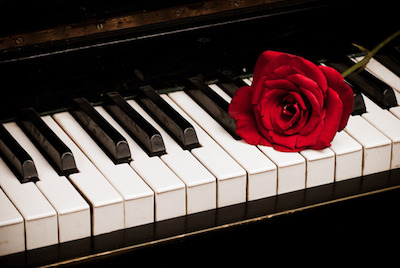
3. Practice speed
Some of the most successful piano players achieve greatness because of their ability to speed things up. Those fast-paced tunes capture attention. Pick one up and see what you can do. Even if you have no desire to play professionally, there’s still something satisfying about playing a song at a quick pace.
4. Listen to the professionals
When was the last time you were inspired by professionals? Take a trip to your local symphony and listen to the best. Better yet, make it a habit to seek out the best players in the world. How about a trip to New York to see the New York Philharmonic play? Or expand your horizons even further with a trip to Austria and see the homes of Mozart or Strauss.
5. Learn more about famous composers
Piano playing is more than tapping out a few tunes. Discover the history of the art of piano playing, and it’ll inspire you even more. It may give you new inspiration as you discover what the likes of Bach, Beethoven, or Mahler created.
6. Play a duet
Instead of playing by yourself, incorporate your music into someone else’s life too. If you work with a teacher, ask to be a part of a group performance. Play with another piano player, or incorporate another instrument into your tunes. It will help you listen differently and play in new ways.
7. Teach someone to play
Share your knowledge with someone else. You don’t have to become a piano teacher to influence someone else to make music. Even a child with several years of playing can gain excitement about the art of piano by helping someone else realize their dreams in the process.
Do you have any piano goals for the coming year?

